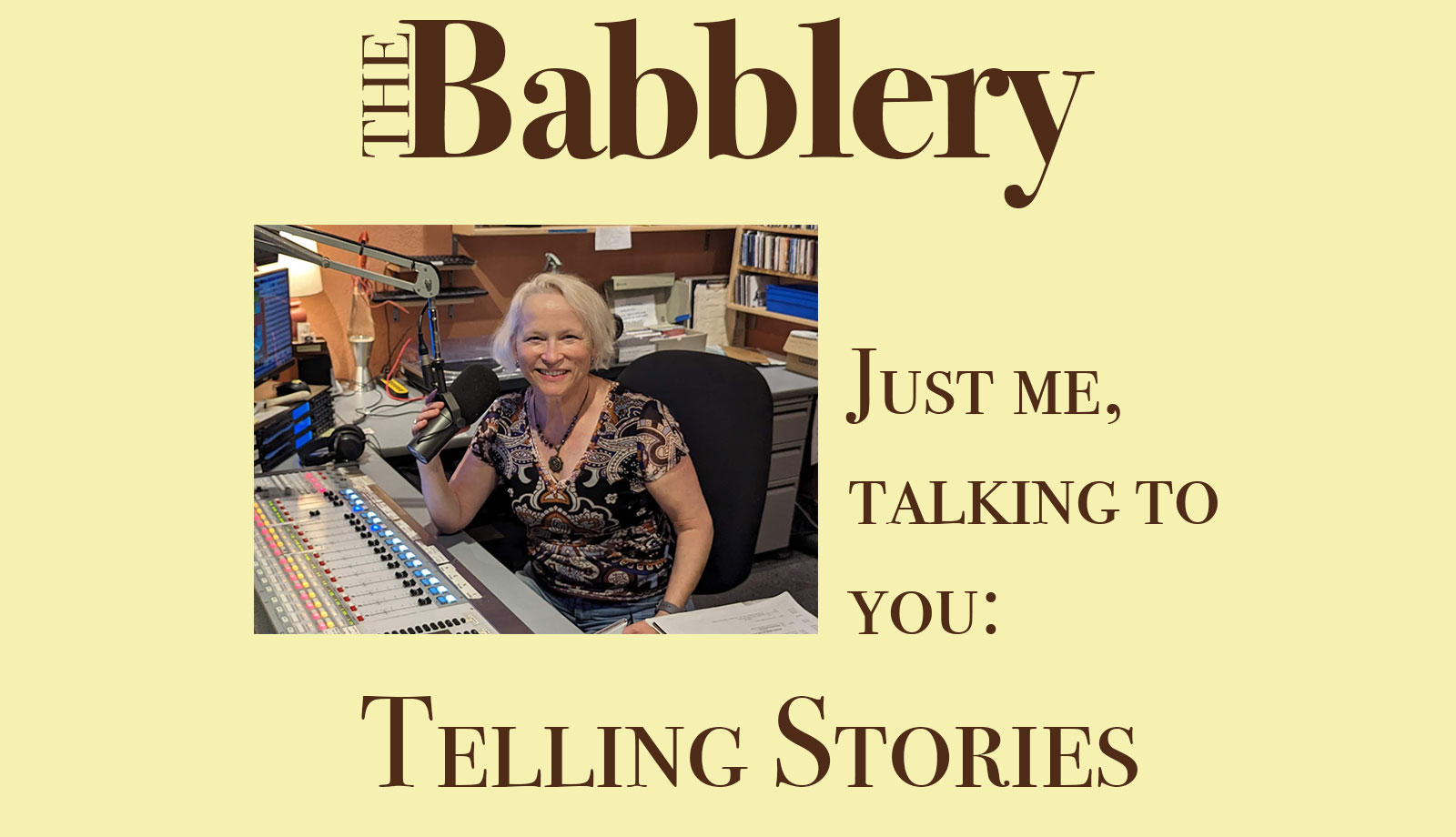
I’m your host, Suki Wessling. I’m working on an episode about women telling stories, so I’m thinking a lot about why I write stories. One of the things I love from the interview with my guest, the editor-in-chief of Herstry literary magazine, Julia Nusbaum, is what she said about stories: “At the heart of it, I think stories are what makes life.”
The other day I had a conversation with my critique group about having a moral center in the stories we tell. This moral center determines which stories we tell, how we tell them, in what venues, and when. Sometimes the moral center is obvious: sermons and children’s books have clear missions to teach. But even when the moral center is more obscured, it’s there. Journalists especially might try to ignore the moral center of their story: “I’m just reporting the news” is how many justify their work. But those of us telling factual stories make judgments that have immediate, real effects on those around us. Our moral center is deeply important.
It was that nagging voice from the moral center of a story I was working on that led me to abandon it recently. I had tried every which way to present a person’s story in a way that would work both for me as a journalist and for my subject as a human—and I failed. I realized that I hadn’t found the right reason to present that story.
Perhaps it’s been the process of working on the story about Herstry that led me to that decision. Women have always told stories, often stories meant just for each other or for children. These days women can write about anything and for anyone, but still, there’s an assumption in our culture that stories of women’s experiences are not of interest to men. Look at our publishing industry: As Julia pointed out in our interview, we have “chicklit” but we don’t have “guylit.” Yet ask any woman and she can name male authors whose work is clearly not meant for them as readers, even though they are designated mainstream.
Our culture is still speaking loud and clear: Men’s stories are the default. Women’s stories are a niche product.
But it’s really not a problem to me that some stories are not for all people. Frankly, I would hope that the stories we present at the Babblery are interesting to people of all sexes and genders, but it doesn’t break my heart if cisgender men stay away. Not all stories need to be told on a stage as big as the world. When we seek the moral center of our stories, we might find that one story doesn’t need to be told, another needs to be told but not by us, or yet another needs to be proclaimed to everyone who will listen.
John Gardner’s On Moral Fiction was an important book to me as a young writer. He wrote, “True art, by specific technical means now commonly forgotten, clarifies life, establishes models of human action, casts nets toward the future, carefully judges our right and wrong directions, celebrates and mourns. It does not rant.”
As Julia said in our interview, I beg to differ. Sometimes it’s important to rant. But in general, I agree with him and hope that the stories presented here cast nets toward a better future. I hope you enjoy our forthcoming episode.

